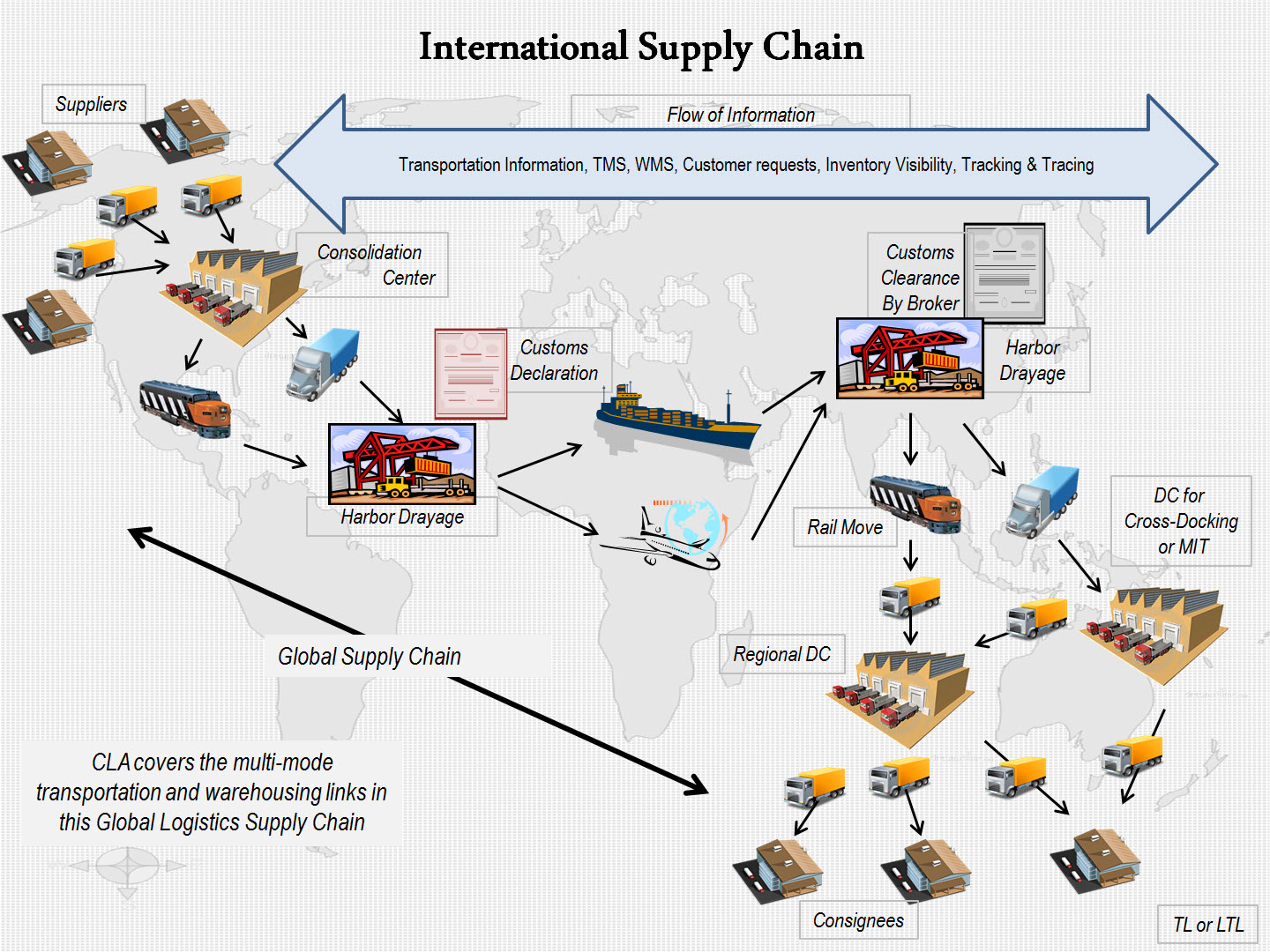So how did we get on before we had refrigeration? The response is just great. In the past most foods were consumed within a day or more in the growing season and in the early days we had numerous ways of maintaining food out of season including pickling, treating, drying, burial, sugaring and jellying. Later, canning was possible albeit in a factory rather in the home.
Desperate people do desperate things, and whether they are suppliers, store owners or just mother and father stressed over having food in the cabinet to feed their children, panic can make a difficult economic circumstance become a major crisis overnight.
When we think about emergency food materials believe about costly MRE's (meals all set to consume) or huge cans of freeze dried staples, many of us. There is a much easier method though.

To carry food and materials we need trains and trucks. In addition even presuming we have trucks to transfer our goods we then are at the grace of the fuel industry. If we can not get oil from the mid-east we can not manufacture fuel. Without fuel our trucks will sit.
Look here for equipment that is, at minimum, Energy Star ranked (a program of the EPA). Purchasing energy effective equipment is one of the very best methods to green your Supply Chain, due to the fact that it conserves you money.
The investment will not be much for the scorecard either, in terms of money along with time. It is not needed to utilize too much data on this card. Efficiency and efficiency can be enhanced with the assistance of scorecards. This is an extremely important point to keep in mind, that the details on the cards must be kept to minimum.
An excellent business continuity strategy is based upon a "business impact assessment" or BIA and you'll discover a variety of design templates on the web. A BIA helps you analyze possible disturbance in a number of scenarios and decide how to keep your service up and running. If and when a crisis takes place response time is sped up because the thinking is done and you know what to do and who to call.
Enjoy this area. There are incredible savings to be made and significant environmental benefits to be gotten. Complete conversion to slip sheets for any supply chain is not going to occur, but a partial conversion for particular product lines is not just preferable, however unavoidable - even in Europe.